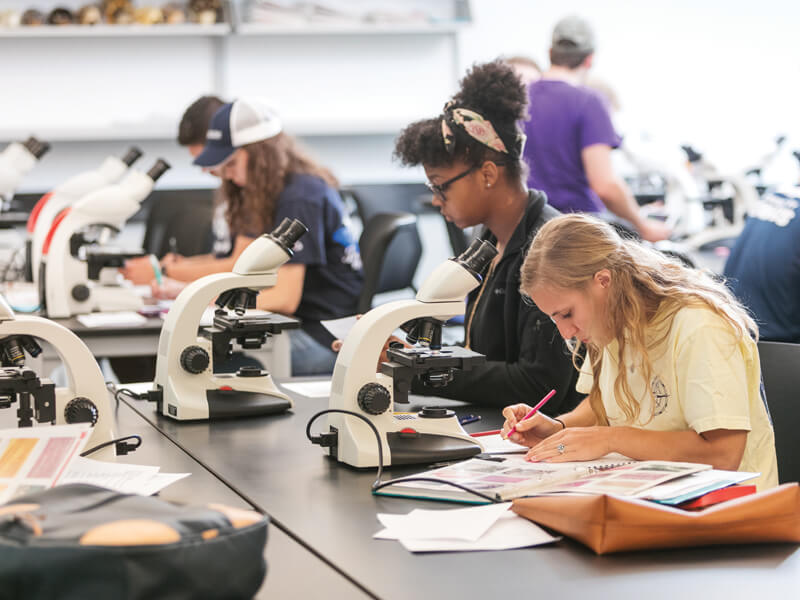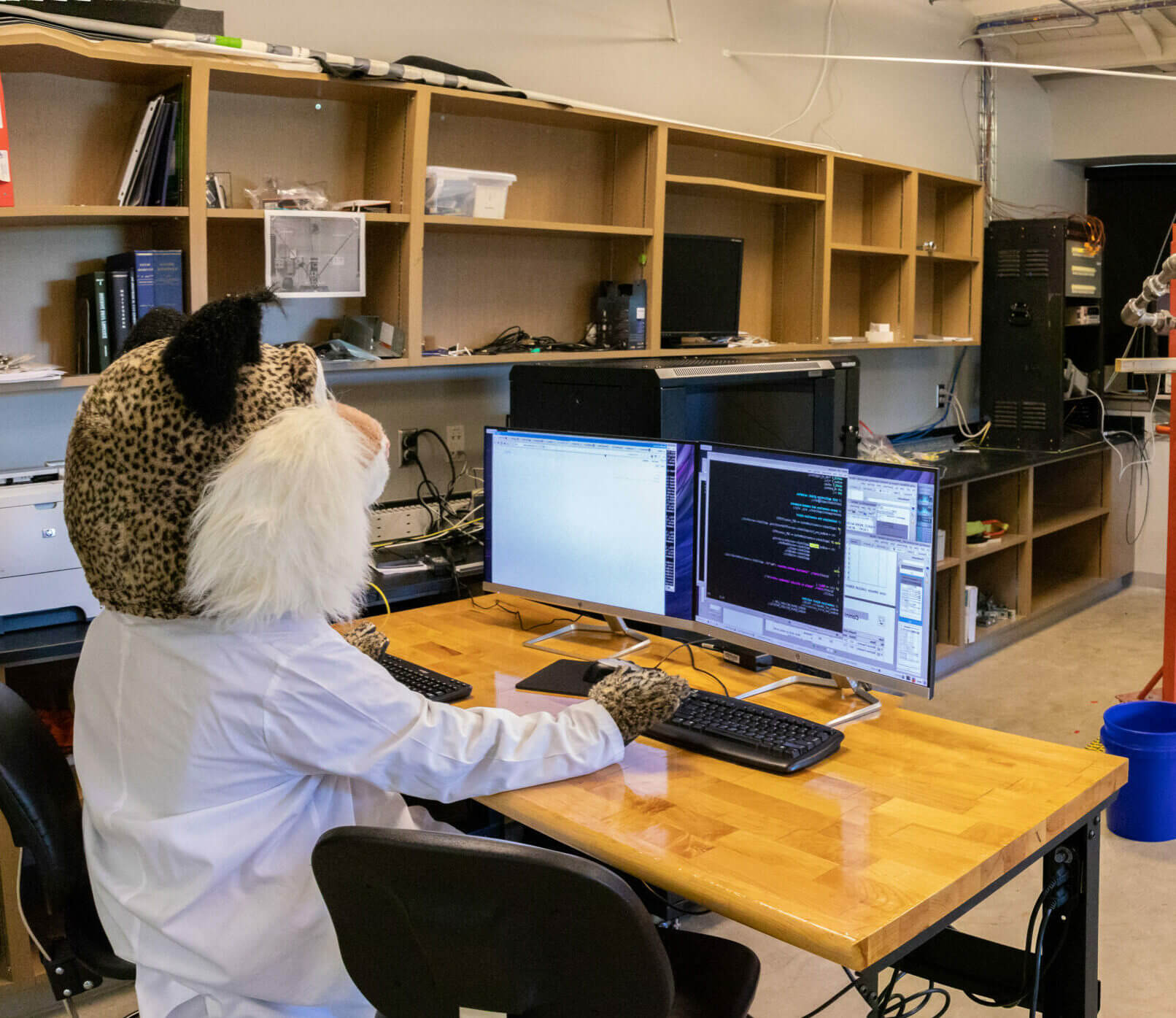About Physician Assistants
Physician assistants, frequently called PAs, have a broad scope of duties and responsibilities, largely governed by the medical setting in which they work. PAs are regulated by the Texas State Board of Medical Examiners and work under the supervision of physicians. Texas requires that the PA’s supervising physician register with the Texas State Board of Medical Examiners and that the PAs be licensed.
Six civilian physician assistant educational programs presently exist in Texas. On average, the physician assistant programs are approximately two years in length. Develop your passion for physical therapy in CPHP.

Considerations
- Physician assistants have a broad scope of duties and responsibilities, largely governed by the medical setting in which they work.
- PAs are regulated by the Texas State Board of Medical Examiners and work under the supervision of physicians. Texas requires that the PA’s supervising physician register with the Texas State Board of Medical Examiners and that the PAs be licensed.
- Duties of the PAs working under a primary care physician include: performing appropriate interviews and physical examinations; ordering and screening results of laboratory diagnostic studies; organizing and integrating information derived from interview, examination and laboratory; assisting with the performance of clinical procedures; instructing and counseling patients regarding preventative health care behaviors; monitoring responses to physician-directed programs of therapy; responding independently to life-threatening situations; facilitating patient access to appropriate health care services; making tentative assessments; making tentative diagnostic and therapeutic plans in such a way that the physician can perceive the medical problems and determine appropriate diagnostic and therapeutic steps; assisting the physician by performing diagnostic and therapeutic procedures; managing various common medical problems; treating minor cuts and wounds; removing casts; and changing dressings. In addition, PAs are employed as first and second assistants in surgery, particularly in cardiovascular and orthopedic surgery.

Course Prerequisites
- Competitive applicants for PA school will have a 3.5 or higher grade point average
- In order to be a competitive applicant, students are encouraged to get as much hands-on patient experience as possible. Some schools have a minimum number of patient contact hours they require. This can range anywhere from 100-1,000 hours. This can be completed by being a Scribe, Medical Assistant, Certified Nursing Assistant, Phlebotomist, EMT, etc.
- Students should look at the websites of the schools they wish to apply to see what type of work experience they encourage.
- Students should also plan to shadow Physician Assistants in different fields of medicine to become a competitive applicant and to get a better idea of what it means to be a PA.
- Students should look at each school’s website for their prerequisite requirements. There is not a standard prerequisite list for PA schools and the required courses can change frequently.
Freshman Year: Focus on academics
- Enroll for the proper classes by referring to the list of course requirements for various programs in Texas)
- Select an academic major.
Note: There is no single best major for getting into a Physician Assistant Program as students from all majors are admitted. - Develop consistent study skills.
- Maintain an excellent GPA (an overall GPA of 3.5 is needed to ensure admission to PA programs).
- Begin thinking about Plan II (i.e., what will I do with my life if I don’t go to PA school?)
- Begin extracurricular activities.
- Plan summer activities by including health related activities.
Sophomore Year: Construct an academic plan
- Gather information on the various PA programs in Texas.
- Check the admissions requirements for each program in which you have an interest.
- The course requirements for the Texas programs differ considerably from program to program. Notice that some programs require that you have completed varying hours of college credit while others require a completion of a B.S. degree.
Junior/Senior Years: Continue to gain first-hand medical experience.
- Prepare your applications for admission.
- Request letters of recommendation from professors who know you well, from PAs and physicians for whom you have worked.
- Carefully write your personal essay which explains why you should be admitted.
- Practice “interviewing” skills.
- Submit applications as early as possible. Never wait until the deadline.
- Enter PA program in the summer. Programs are generally 27 months in length.
